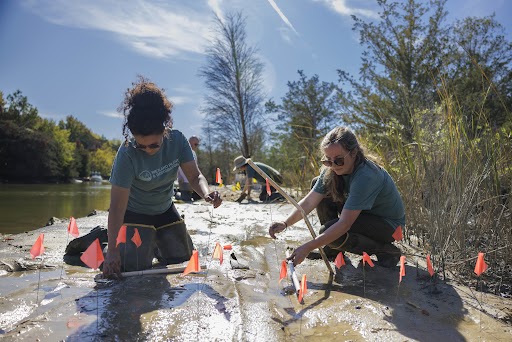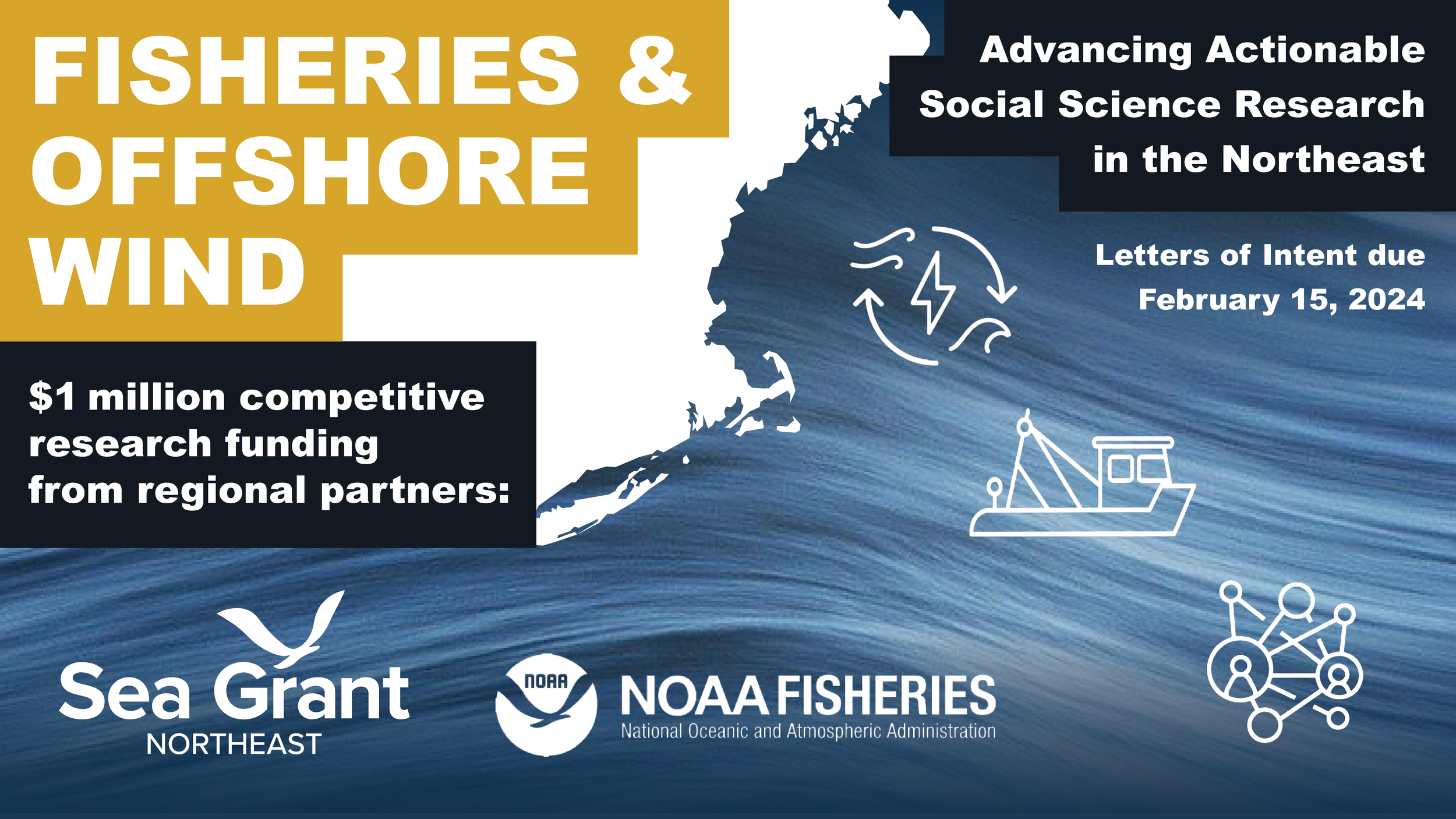Texas Sea Grant Wetlands Extension Agent
Dr. Jacob Jacob holds B.S. and M.S. degrees from Texas Tech University, and a Ph.D. from Texas A&M University, all in soils and natural resources. He is registered as a Professional Geoscientist with the State of Texas and is a Professional Wetland Scientist. He received the 2014 Southwestern Region Excellence in Extension Award from the Association of Public and Land-Grant Universities for his work to address urgent and emerging urban development issues.
John serves as team leader for the Texas Coastal Watershed Program(TCWP), a cooperative educational and outreach effort of Texas Sea Grant and the Texas A&M AgriLife Extension Service that is affiliated with the national Nonpoint Education for Municipal Officials organization, or NEMO. TCWP provides information to local governments and citizens about the impacts of land use on watershed health and water quality on the Texas coast.
Jacob takes a holistic approach to educating citizens and local officials, noting that the watershed is affected by a wide range of activities from landscaping and other things people do around their homes to large urban planning and habitat protection activities.
It’s Flood Awareness Week, what is one thing everyone needs to know about preparing for a flood?
Where is the floodplain and do I live in or near it? Do I have enough food in my house to go a week or more without going to the grocery store? Do I pay attention to low-water crossings?
What is something cool you learned while working on coastal hazards outreach?
That focusing on placemaking could actually make a city or community more resilient. If we pay attention first to what makes a new development more habitable and hospitable to the human scale, and then add hazard mitigation measures, we will end up with a much safer and better place than if we went about it the other way around.
Are you currently involved in any projects related to flood awareness?
We are using the Coastal CHARM (Community Health and Resource Management) tool, on the weTable platform, to enable coastal citizens to explore different flooding outcomes based on type of development and location, and severity of storms.
What drove you to work on coastal hazards outreach?
I live and work in a relatively hazardous coastal area—it’s a problem my family and I have to deal with. It’s a visceral issue for us. That and there is a lot more money flowing into this area, especially in terms of climate change.
How did you get involved with Sea Grant? When did you join Sea Grant?
Through a job posting. It was listed as a joint Land Grant/Sea Grant position. I really had very little concept of what Sea Grant was all about. And I didn’t know much more about the Land Grant system. I thought I was destined to be a total geeky research scientist. But the job description was enticing. It turned out that Sea Grant/Land Grant was my true calling. I was very lucky. I haven’t looked back since that day nearly 20 years ago. It seems I am where I am supposed to be and doing what I am supposed to be doing—at least sometimes!
What is your favorite part about being a Sea Grant Professor and Extension Specialist?
I have carte blanche to do whatever I want to do. It is most fortunate that other folks have interest in these things as well.
What is the biggest challenge you face at your job?
Realizing the tripartite mission of the Sea and Land Grant programs of integrating research, education, and extension. This is a noble cause, but the reality is that extension does not have the prestige and ranking that research does, or even of university teaching for that matter. The Sea and Land Grant potential is not met because of this lack of integration. I am a true believer that putting extension on stronger footing within our university systems will only strengthen our research apparatus. I have no illusions that this will happen anytime soon, but I will continue my quixotic quest anyway. Don’t stand by the windmills!
What is the most distasteful part of your job?
Paperwork. And then more paperwork. And then reports, and then….
When did you know you wanted to pursue a career in science?
In college. I was very much taken with the romance of science and discovery. I chose soil science because of the rigor of this kind of science (it required P-chem and calculus—not that I did well in those…) and because it involved the outdoors.
What part of your job did you least expect to be doing?
I do relatively little in my original field of soil science, although I still love that discipline very much and I do have some projects in that area. The fact that I am working and publishing in areas of urban sustainability is amazing to me. My extension portfolio is very different and way broader than what I would have had as a narrow research scientist. But there is no putting the genie back in the bottle. I am having too much fun!
What’s at the top of your recommended reading list for someone wanting to explore a career in science?
Difficult question, given the many different areas of science. If you wanted to somehow be inspired to be a scientist, or to inspire someone else to be a scientist, then perhaps something along the lines of history of science. I remember being inspired reading James Watson’s The Double Helix. Something like Isaac’s Storm might inspire science for public service. One book I keep coming back to is Zen and the Art of Motorcycle Maintenance. It is very much about science—about a philosophy of science that involves quality as a central focus. It could inspire a career in science—or maybe make you run from it! If you are already a scientist, this is a must read.
And how about a personal favorite book?
Jayber Crow by Wendell Berry. Anything by Berry is great, but this is sublime.
Do you have an outside hobby?
Gardening, reading, and of late, housebuilding. Walking—on a beach, on a mountain, on the plain, in a city, around the block. I love to explore new cities—and their bookstores!
What surprised you most about working at Sea Grant?
How many fun and zany people there are in this outfit! I love my Land Grant colleagues, but we don’t loosen up quite like Sea Granters do! I love the old Sea Grant band that used to play at Sea Grant gatherings. We are a serious and committed bunch, but we know not to take ourselves too seriously.


